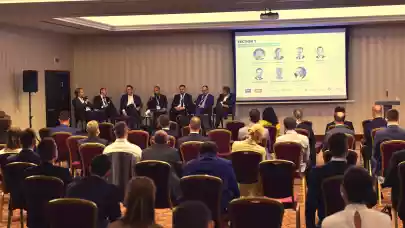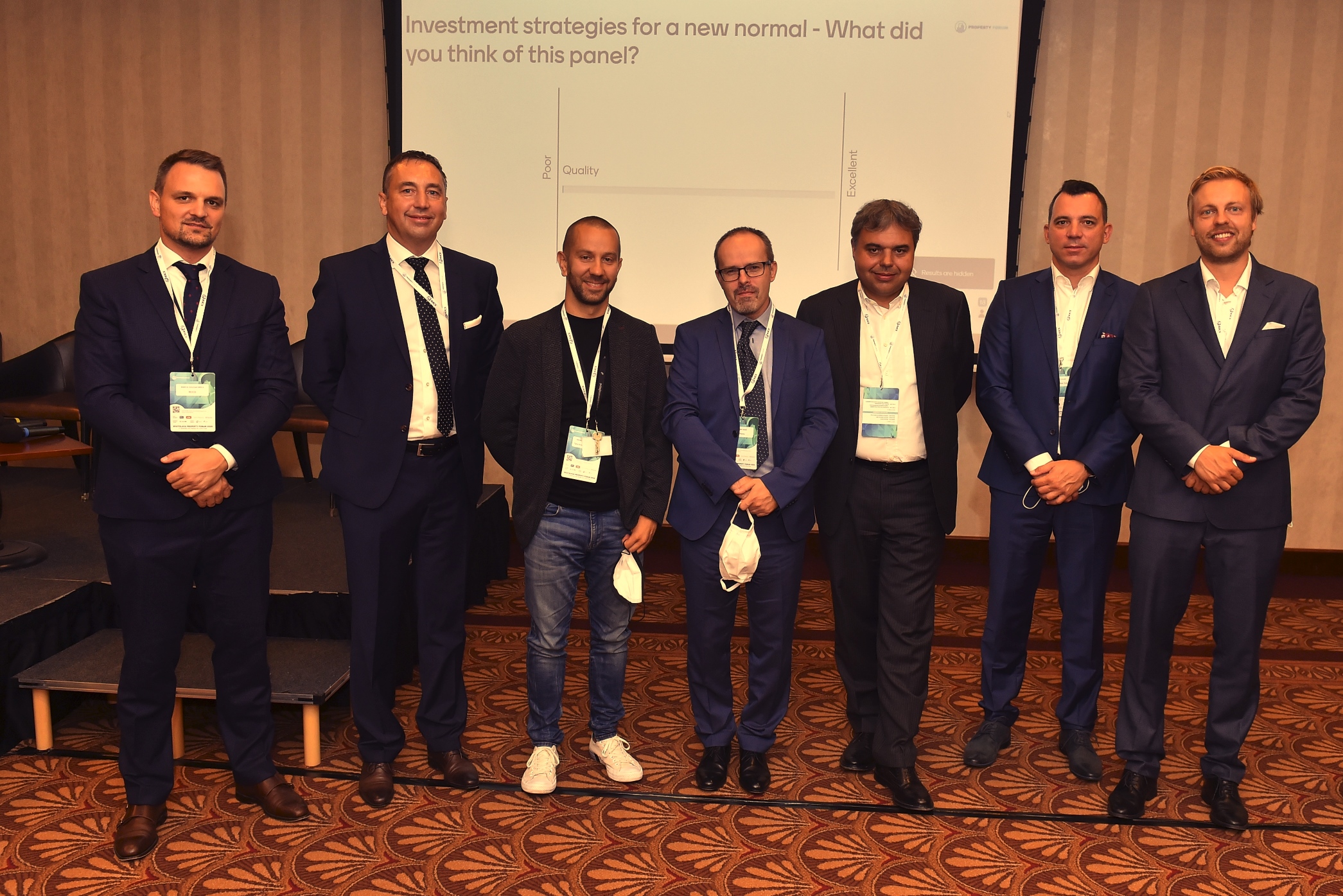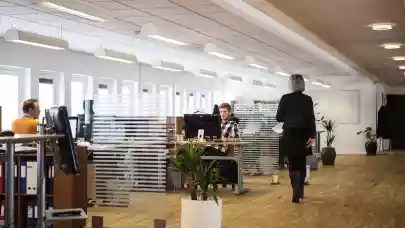
Six investors, representing the most active players of the Slovak property market, discussed the experiences of the pandemic period and shared future strategies at Bratislava Property Forum 2020, an annual event co-organised by Property Forum and RICS.
According to Robert Daniš (Wilsons), transactions that started before the crisis were closed successfully (usually with the help of online negotiations). Other transactions, however, took longer than expected, not only because investors are more cautious. Even though uncertainty persists, he is seeing a recovery based on new deals and expects new market players to enter Slovakia. Before COVID-19, he observed strong competition on the buy side, now it’s less of a seller’s market and the position of buyers has strengthened, he added.
Marcel Kolesar (REICO) believes that there is a window of opportunity before foreign capital returns to CEE which is worth capitalizing on, adding that this opportunistic approach won’t change the fund’s core strategy. Andrej Lehocky (Tatra Asset Management) expects that it will take longer to close transactions in the coming period. Panellists agreed that pricing hasn’t changed much but discussions on prices are on the table
Experts of the panel had different experiences when it comes to tenant relations. Some expressed that they were positively surprised with the ease of working together with tenants and even tenants that already know that they are not going to be using the office again any time soon are paying rent without issues. Some tenants, however, wanted discounts without a valid reason which is something that long-term holders will remember when it comes to renegotiating leases.
Income certainty (or in other words, the reliability of tenants) has become a more important factor than location when it comes to investment decisions, summarised Marek Kalma (OCCAM Real Estate).
Investors agree that there is still too much money on the market and banks are in desperate need to lend. They might require higher margins but they can’t afford to raise interest rates, explained Andrej Lehocky (Tatra Asset Management) who managed to close a refinancing deal with almost no change in conditions during the pandemic. Investors see inflation as the biggest mid-term risk. If inflation picks up, banks will need to increase interest rates which would create a tectonic shift on the market.

Investors are still waiting to see what the impact of COVID-19 will be on different asset classes, but they agree that office and industrial are the least affected sectors. Pavel Streblov (Penta Real Estate) sees co-working as the fastest recovering segment as nobody wants to commit long-term at the moment, adding that office markets are currently driven by extensions and renegotiations, only a small group of companies that need to move for some reason create new demand. Vladimír Bolek (IAD Investment) affirmed that investors no longer see industrial as an “ugly duck” and that the yield gap between industrial and retail is actually closing.
The weakest links are hotels and high street retail as these sectors depend heavily on tourism which nobody can predict how will perform in 2-3 years, explained Dejan Mansfeld-Rupnik (ECE European City Estates Group). Shopping centre footfalls and turnovers, on the other hand, have almost fully returned to pre-COVID-19 levels. According to REICO’s data, consumers spend less time in shopping centres but the average spending is higher. The composition of tenants might need to change in the longer term because of this, Marcel Kolesar added.
Panellists agreed that alternative asset classes could be interesting for them when they become core product. According to Andrej Lehocky, the rental apartments sector is especially worth looking at, however, for the moment, the lack of legislation prohibits market players from investing more in living assets.



